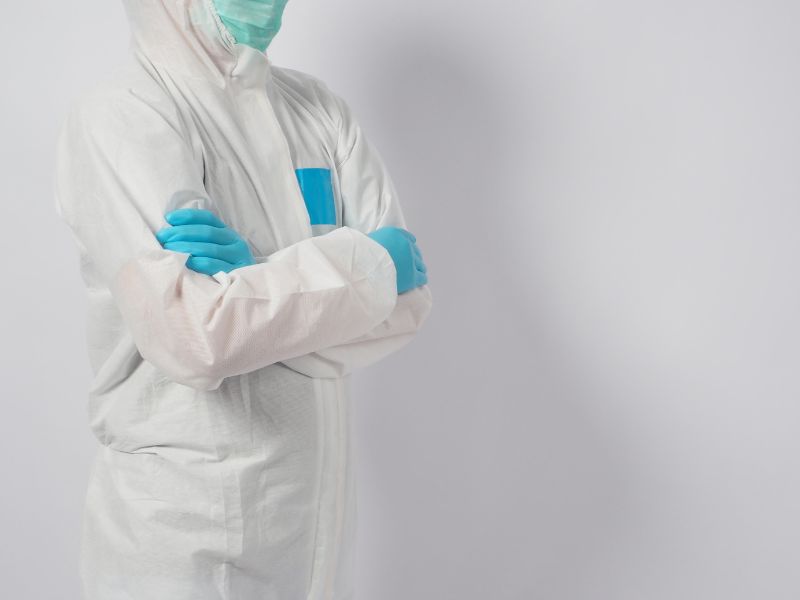Introduction
Unattended death cleanup is a sensitive and complex task that demands utmost care and attention. Not only does it involve emotional strain, but it also requires cleanup crews to strictly adhere to safety precautions. Trauma clean 24 seven use proper personal protective equipment (PPE). These measures are essential not just for the well-being of the cleanup crew, but also to maintain hygiene standards and respect for the deceased.
Understanding Unattended Death Cleanup
Unattended death cleanup – the process of restoring a space where an individual has passed away alone and undiscovered for a period of time. Such scenarios, whether due to natural causes, accidents, suicides, or pose significant challenges for cleanup teams. This is due to the decomposition of the body, biohazards, and potential structural damage to the property.
Safety Precautions
- Comprehensive Assessment and Planning. Before beginning cleanup, trauma clean 24 seven crews must thoroughly assess the scene to identify potential hazards such as structural instability, biohazards, and chemical exposures. They must craft a meticulous plan to address each aspect of the cleanup process safely and effectively.
- Specialised Training and Certification. Unattended death cleanup requires specialised training to handle biohazards, bloodborne pathogens, and other potential dangers. Cleanup crew members must undergo proper training and certification to ensure they are equipped to understand the risks involved and how to mitigate them effectively.
- Personal Protective Equipment (PPE). Adequate PPE is paramount to safeguard cleanup crew members from exposure to biohazards and other contaminants. This includes:
- Disposable gloves: to prevent direct contact with blood, bodily fluids, and other potentially infectious materials.
- Disposable coveralls: to shield clothing from contamination and minimise the risk of exposure.
- Respirators or face masks: to protect against inhalation of airborne particles and foul odours.
- Protective eyewear: to prevent splashes and airborne contaminants from entering the eyes.
- Ventilation. Proper ventilation plays a crucial role during unattended death cleanup to reduce the concentration of airborne contaminants and unpleasant odours. Cleanup crews should open windows and utilise fans to enhance air circulation, and consider employing air purifiers to effectively filter out harmful particles.
- Thorough Disinfection and Decontamination. Cleanup crews must rigorously clean and disinfect the affected area to eradicate biohazards and sanitise it thoroughly. They should use EPA-approved disinfectants and follow the manufacturer’s instructions for proper application. Paying meticulous attention to surfaces that may have been exposed to bodily fluids or decomposition fluids is crucial.
Respect for the Deceased
In addition to prioritising safety precautions, it is crucial to approach unattended death cleanup with empathy and respect for the deceased. Every effort should be made to preserve the dignity of the individual who has passed away, even amidst challenging circumstances. This involves handling remains with care, minimising disturbances, and maintaining confidentiality throughout the cleanup process.
Conclusion
Unattended death cleanup demands meticulous adherence to safety precautions and the appropriate use of personal protective equipment. By following established protocols, cleanup crews can mitigate risks, prevent the spread of pathogens, and ensure that the cleanup process is conducted with dignity and respect for the deceased. Moreover, offering support for cleanup crew members is essential to help them navigate the emotional challenges inherent in their line of work. Ultimately, by prioritising safety and compassion, unattended death cleanup can be carried out effectively while honouring the memory of those who have passed away.
We offer a range of specialist and biohazard cleaning services. From hoarding clean up to needle sweeps and crime scene cleaning. For further information on any of our services please do not hesitate to contact us on 0203 6408 247 or email at [email protected]

